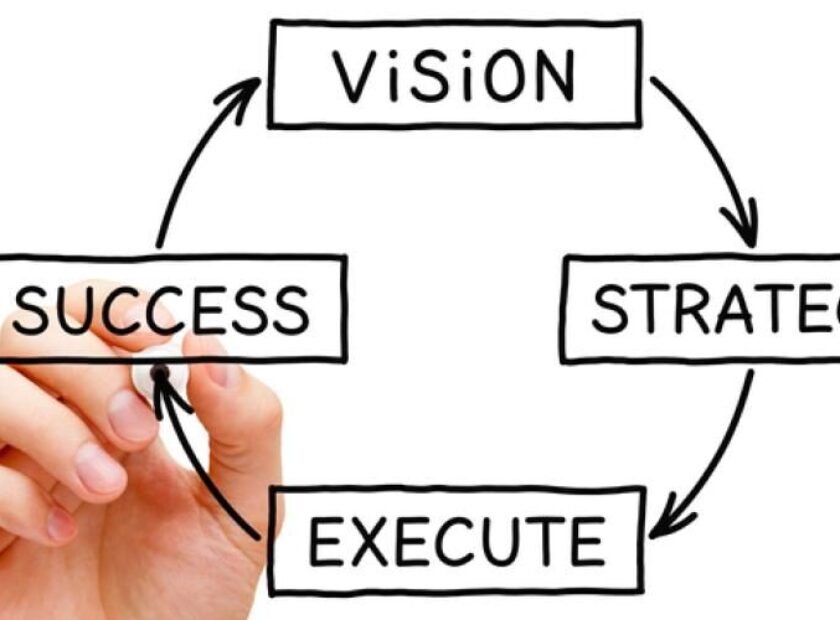In today’s fast-paced and competitive business world, executives face numerous challenges. To overcome these hurdles and enhance their leadership skills, many professionals turn to executive coaches. These coaches, when skilled and effective, can provide invaluable guidance and support. However, not all executive coaches are created equal. There exist certain risks associated with engaging a bad executive coach that can hinder professional growth and potentially damage careers. In this article, I delve into the dangers of an ineffective executive coach and how to identify them, highlighting the importance of selecting the right coach to unlock your true potential.
How to Identify a Bad Executive Coach
They Promise of Easy Answers
The search for the quick and painless solutions to big problems are common in today’s world, and executives and leaders are not immune to their allure. And who can blame them? How many books can you find at your local bookstore right now espousing simple habits or self-help solutions to all your problems? It’s no surprise, then, that we see the same sales pitch from some executive coaches as they promise to quickly improve employee performance and results. These coaches often model their approaches after harsh, damaging coaching styles that can do more harm than good to the person targeted for help. The result can be lost morale, psychological damage, or worse.
Like growth in any aspect of life, leadership growth through executive coaching takes time. While the speed of growth will vary from person to person, applying undue pressure to get a result “fast” is not a strategy you should consider for yourself or your team.
Lack of Experience and Expertise
One of the gravest perils of a bad executive coach lies in their lack of experience and expertise. An inexperienced coach may struggle to grasp the complexities of your industry or fail to understand the unique challenges you face. Without a solid background and understanding of the business landscape, they may offer generic advice that lacks relevance, leaving you feeling frustrated and disillusioned.
A Cookie-Cutter Approach to Leadership
Every executive possesses distinct strengths, weaknesses, and aspirations. A bad executive coach tends to adopt a one-size-fits-all approach, disregarding the individuality of their clients. Such a cookie-cutter strategy fails to address your specific needs and goals, stifling your growth potential. Instead of tailoring their guidance to suit your circumstances, they may rely on preconceived notions or outdated methodologies that yield little progress.
Ineffective Communication and Relationship Building
Like any good relationship, a successful coaching relationship is built on effective communication and trust. Unfortunately, a bad executive coach may lack the necessary interpersonal skills to foster a strong bond with their clients. They may struggle to listen attentively, understand your concerns, and provide constructive feedback. Without a solid foundation of trust, the coaching process becomes superficial, hindering your ability to open up and explore new perspectives.
Unrealistic Expectations and False Promises
Beware of executive coaches who make grandiose promises or guarantee overnight transformations. While coaching can lead to remarkable personal growth, it is a gradual and continuous process. A bad coach may set unrealistic expectations, setting you up for disappointment and disillusionment when immediate results fail to materialize. Remember that authentic growth requires effort, patience, and consistent practice.
Lack of Accountability and Follow-up
A fundamental aspect of executive coaching is holding oneself accountable for progress and results. However, an ineffective executive coach may fail to provide the necessary structure and follow-up mechanisms. They might neglect to set specific goals or milestones, leaving you directionless and lacking a clear path towards improvement. Without proper accountability, the coaching engagement may become aimless and fail to yield the desired outcomes.
Conclusion
Selecting an executive coach is a critical decision that can significantly impact your professional trajectory. While a good coach can propel you towards greatness, a bad coach can lead you astray, wasting valuable time and resources. By recognizing the risks associated with ineffective executive coaches, you can be more discerning in your selection process, ensuring that you partner with someone who possesses the necessary expertise, tailored approach, effective communication skills, and accountability to help you unleash your true potential. Remember, choosing the right coach can make all the difference in your journey towards becoming an exceptional leader.
If you would like to explore ways in which you can take your leadership to the next level, my executive coaching programs are proven programs to help you achieve growth and exceed your expectations. Let’s talk.
Georganne Goldblum
CEO of Coach4Execs





